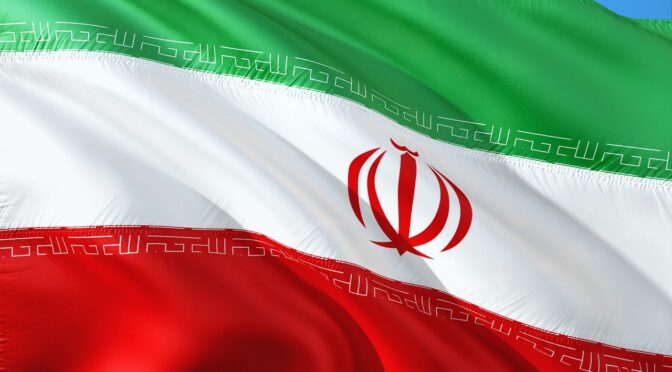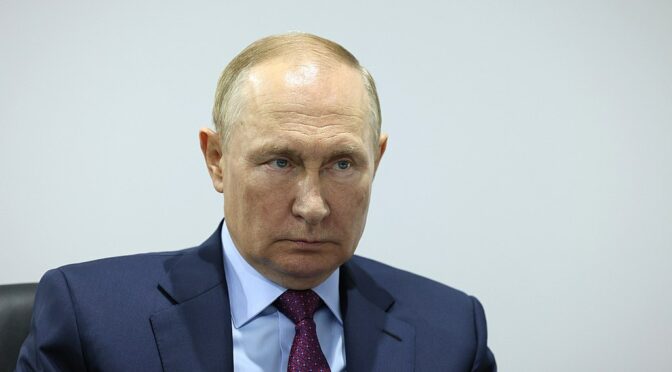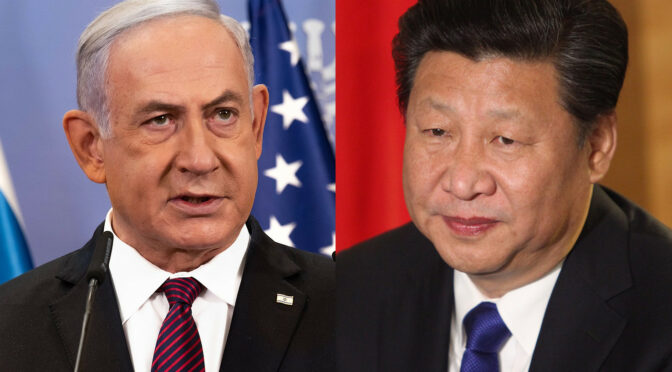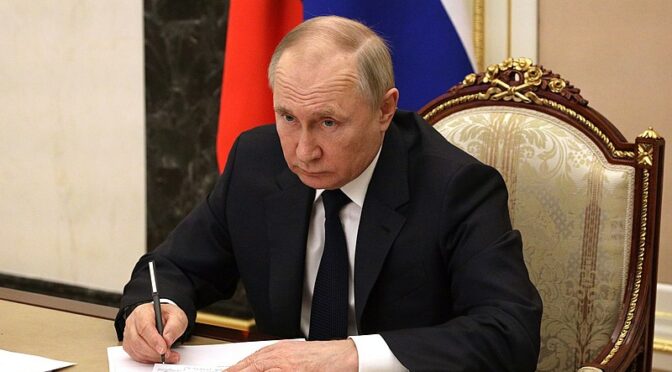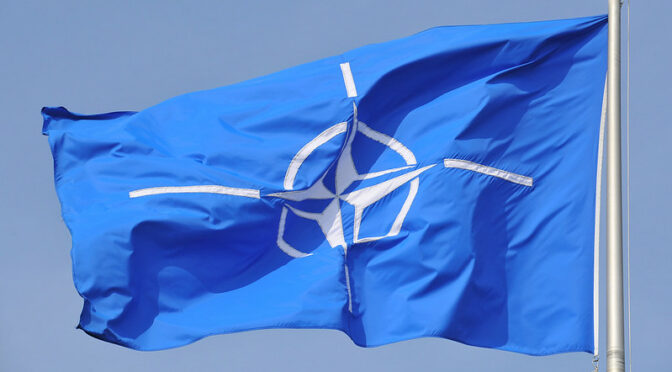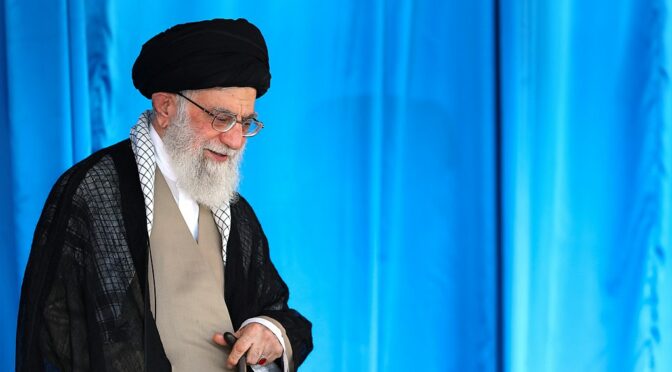Article published in The Daily Telegraph, 10 July 2023. © Richard Kemp
President Biden is undoubtedly right to send cluster munitions to Ukraine and we are wrong to suggest otherwise. There is little time for some academic discussion on the balance of harm when Ukraine is fighting for its very survival. Indeed, this week’s anniversary of the start of the Battle of Britain, when our own country faced an unrelenting military onslaught, should be enough to remind us just how high the stakes are.
Russia has been attacking freely with cluster munitions since the war began. For anyone to attempt to tie Ukraine’s hands by denying her forces battlefield parity is nothing short of perverse.
Cluster bombs can hit more targets with fewer shells, inflicting devastation over a much wider area than conventional artillery. They are particularly effective against the sort of heavily defended positions that Ukraine is trying to overcome in its offensive. The clear advantage these weapons provide is particularly important for a country that is fighting outnumbered in men, planes and artillery.
It’s also a question of simple mathematics. Ukraine is burning through thousands of rounds of Western-supplied 155mm artillery shells every day to hold the Russians back – and supply simply cannot keep up with demand. As American and European stocks fall to dangerously low levels, with industry unable to keep pace, large quantities of cluster munitions sit idle in American warehouses. Sending them to Ukraine will create breathing space for arms manufacturers to catch up.
Despite hand-wringing from the sidelines, supply of these weapons by the US or their use by Ukraine does not contravene their own international obligations, as neither country signed the 2008 Convention on Cluster Munitions. Unlike their European counterparts whose utopian thinking ruled out ever going to war again, the wisdom of successive US administrations in maintaining freedom of military action whenever possible has just helped keep Ukraine in the fight.
Of course, there is no doubting the long-term danger to civilians from unexploded cluster bomblets, often for years after a conflict has ended. Estimates of the hazard, however, are sometimes based on older types of munitions. For example, the bomblets the Russians have been firing in Ukraine have a very high dud rate; perhaps over a third will lie unexploded but still dangerous. The US versions which are to be supplied to Ukraine will likely have a significantly lower failure rate.
In an ideal world, Kyiv would opt not to use them, especially on its own territory, but there is currently no alternative. We do not live in Continue reading

